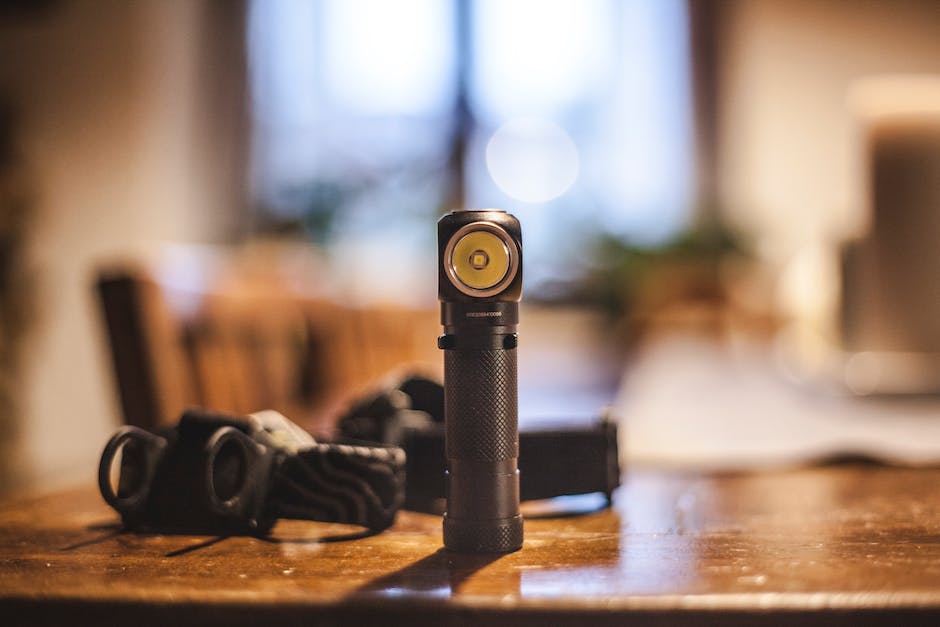How Does Camping Work?
Camping is a great way to immerse yourself in nature and enjoy its sights and sounds. It is an activity that has been enjoyed by people across the world for centuries, but what exactly goes into making camping work? What preparations need to be made in order to have a successful, safe and enjoyable experience? In this blog post, I’ll be exploring just that with my personal experience as an experienced camper and father of three kids.
[recommendations keyword=’how-does-camping-work’]
Preparing for a Camping Trip
As an experienced camper, I know that it’s important to be well prepared for a camping trip. Before you even start thinking about packing your bags, you should research the area you plan to camp in and take note of the climate, terrain and other factors to consider.
Will you be camping in the hot summer months or in the chilly winter? Are there any dangerous animals or plants, or any other danger points? Are there any camping restrictions placed on the area by authorities? Answering these questions will guide you in selecting suitable campsites and packing the right gear for the trip.
Once you have the basics down, it’s time to get the gear together. Depending on the size of your group and how long you plan to camp, you’ll need to consider a number of items. Cots, sleeping bags, water containers, canvas shelters, cooking and eating utensils, and other essentials like sunscreen, a first aid kit, insect repellent and a flashlight are just some of the different things you may need.
Packing Smart for a Camping Trip
Successful camping is all about packing smart. You might be tempted to pack your car with all the camping gear you can think of, but chances are, most of it won’t be used. To save both time and space, make a list of the items you know you’ll need and pack them. If you’re planning on hiking, make sure to bring the appropriate footwear as well. You’ll want it to be comfortable yet still provide support.

Additionally, before packing your car with all the gear, remember to have fun! Camping can be an opportunity to let loose and unwind for a change. Bring along fun activities such as board games, playing cards or perhaps a musical instrument, if you can. Additionally, make a point to get outside and explore the surrounding area by taking hikes or sightseeing.
Setting up Your Campsite
Once you arrive at the campsite, it’s time to set up. If you can, pick a spot near the restroom or shower, if offered, as this will make your stay more convenient. Sandy and well-shaded areas make for the best places to set up camp.
Once you have your area picked out, it’s time to get the tents set up. Make sure to place the tents on a leveled area and make sure to stake them down securely to prevent them from flying away in the wind. On the ground, unroll the tent and figure out its direction, this is typically marked by the entrance. Connect the tent poles to the top rings and proceed to insert them into the loops that go around the tent’s perimeter. After you’ve connected the poles, point them upward and raise the tent by lifting the front and back.

Once that’s done, insert the stake into the ground and firmly secure it. Lastly, attach the clips onto the poles and the tent to secure it all together. Depending on your tent, rain flies, depending on your tent, rain flies will sometimes be connected to the tent, covering the top and providing a shelter from the rain and wind.
Cooking, Eating and Cleaning up
For cooking, packing a camping stove is a must. It’s helpful to have cookware made of non-stick material, which makes clean up much easier and can help cut down on the amount of dishes you need to do. When it comes to making meals, there are countless recipes that use minimal ingredients and can be cooked in a very short time.
Eating is one of the best parts about camping because putting together a simple yet delicious meal on the open fire feels like a real accomplishment. When it comes to cleaning up, make sure to take care of your trash and store it away in a sealed container. Alternatively, you can also take advantage of a campground’s waste removal service. Be careful when caring for dishes as well, and properly handle used cooking oil and food waste.

Being a Responsible Camper
Finally, camping is a great way to experience nature but that also means it’s important to respect its beauty. Be mindful of the local flora and fauna and never leave behind trash or leave behind items that are hazardous to the environment. Additionally, being a responsible camper means not disturbing fellow campers by making too much noise.
By following all of these tips, a camping trip will be stress-free and enjoyable for all.
Here’s a video to help you better understand how camping works: